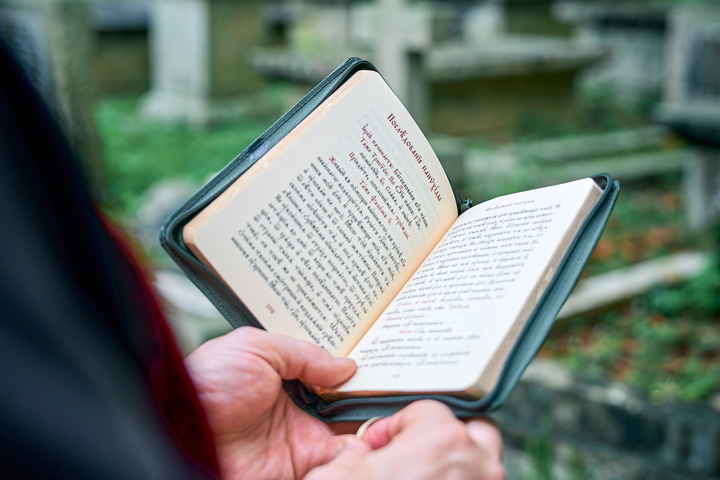
The Orthodox Christian community in Hong Kong recently commemorated the dead in a special event known as Radonitsa, which took place on the tomb of the first rector of the Orthodox Church in Hong Kong, Father Dimitry Uspenky, at the Hong Kong Cemetery.
Radonitsa, which means "Day of Joy" in Russian, is a traditional Orthodox Christian holiday that takes place on the second Tuesday after Easter. It is a time to remember loved ones who have passed away and to pray for their souls. The event in Hong Kong was organized by the local Orthodox community and was attended by a large number of believers.
The memorial service ws celebrated near the tomb of Father Dimitry Uspenky. During the service, prayers were offered for the souls of the departed, including Father Dimitry himself, who passed away in 1970.
Father Dimitry Uspenky was a significant figure in the history of Orthodoxy in Hong Kong. He arrived in Hong Kong in 1934 and became the first rector of the Orthodox Church in the city. He was instrumental in establishing the Church and was known for his tireless efforts to spread the message of the Gospel to the local community.
The commemoration of the dead in Hong Kong has a special significance due to the Chinese respect for ancestors. This provides an opportunity for Orthodox Christians to share the message of the resurrection with those who may not be familiar with the Christian faith. By bridging the gap between cultural traditions and sharing the hope of eternal life, Christians can create a powerful witness to those who may be unfamiliar with the Christian message.
In conclusion, the Radonitsa commemoration on the tomb of Father Dimitry Uspenky in the Hong Kong Cemetery was a significant event for the Orthodox Christian community in Hong Kong. It provided an opportunity to remember loved ones who have passed away, including Father Dimitry himself, and to share the message of the resurrection with those who may not be familiar with the Christian faith. The event was a powerful witness to the hope and compassion of the Christian message in a world that often seems to value progress and innovation over tradition and heritage.